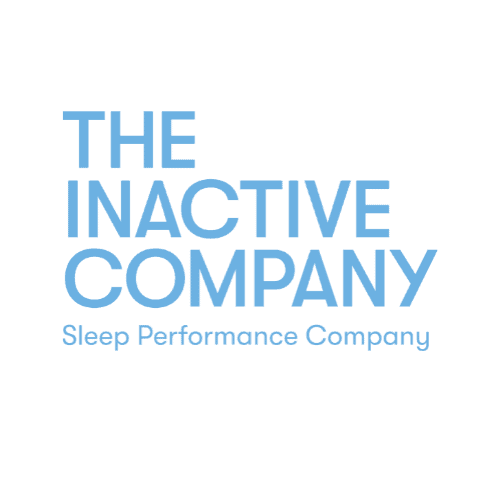
THE SLEEP 7 PLAYBOOK
THE SLEEP
7
PLAYBOOK
Science says: 7 hours of sound sleep per night is optimal for peak performance of body and brain. Why? Because with 7 hours muscles regenerate, cognitive and motor skills sharpen, immune systems strengthen and you become 60% sharper during the day.
Getting into top sleep shape takes training your mind and body to get in the zone. We’ve used science, Inactivators, and a few tips and tricks to create a routine that will dramatically improve your sleep performance.
Commit. Set your alarm for no less than 7 hours.
The average adult needs a minimum of seven hours of sleep per night for optimal performance.
Find a pal who needs ZZZ’s as much as you and set sleep 7 goals together.
Studies show you are more likely to stick to a sleep routine if you have someone to hold you accountable.
Your bed is for sleeping, not for eating and binge watching.
Make the commitment to nix the pre-snooze screen staring and you’ll start to train your brain to sleep as soon as you hit the sheets!
Not your laptop, phone, or TV!
Cutting out all sources of cool light at least half an hour before bedtime signals your brain and body to shut down. Slip on Inactivators and get your dream on!
All the GOATs swear by the power of visualization to unwind, relax, and de-stress.
Imagine your head filling with quiet, watch it flow into every muscle, breathe deeply, and feel yourself slipping into sleep.
Yes, positive affirmations are a thing.
Give yourself a sleep pep talk. Who cares if anyone else is listening? Your brain needs to hear that you got this. MY personal favorite sleep affirmation is “I’m about to kick insomnia’s a$$!”
Positive reinforcement encourages sustainable success.
Reward yourself for reaching your sleep goals! A fancy meal, extra long bath, or some fun retail therapy will make you want to score on these goals night after night.
